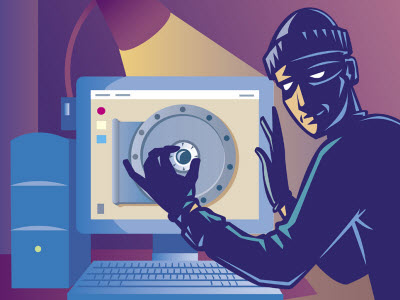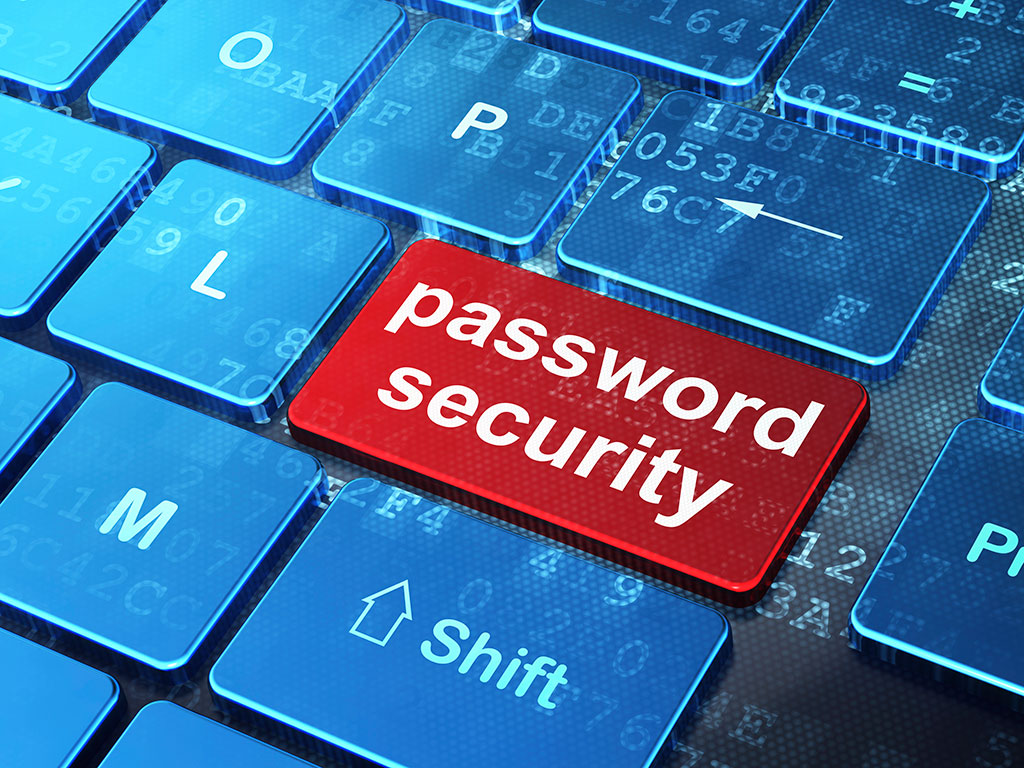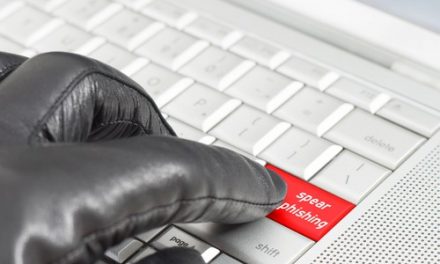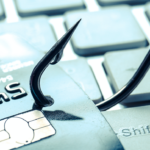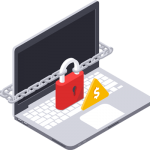“Why do I have to change my password every 3 months? It’s so unnecessary, who would want to get into my account?”
“Why is ‘123456’ not a good password? It is easy to remember!”
“Why all these capital letters and numbers and stuff mixed up in passwords? It is so difficult to remember them!”
“My password is ‘password’, nobody will guess that!”
Believe it or not, these are the sorts of comments that we encounter almost on a daily basis at the FHSCUA Help Desk. You would think that these would come from highschool children, but these are Medical student undergraduates, and one comment (I won’t say which one) came from a department head!
The aim of this article is to help you better understand the security of your own passwords and how to boost that security, and it centres around the premise that if I asked you the following question, what the answer would be?
“If you invited me to try and crack your password – you know the one that you use over and over for everything, how many guesses would it take before I got it?”
Here is my top 10 list. I can obtain most of this information much easier than you think, then I might just be able to get into your e-mail, computer, or online banking. After all, if I get into one I’ll probably get into all of them.
- Your partner, child, or pet’s name, possibly followed by a 0 or 1 (because they’re always making you use a number, aren’t they?)
- The last 8 digits of your ID number.
- 12345678.
- “password”
- Your city, or university, rugby team name. (Sun123456, Bloubulle1 sound familiar?)
- Date of birth – yours, your partner’s or your child’s.
- “wagwoord”
- “letmein”
- “qwertyuiop”
- Your girlfriend or boyfriend’s name (a favourite amongst students)
Statistically speaking that should probably cover about 20% of you. But don’t worry. If I didn’t get it yet it will probably only take a few more minutes before I do…
Hackers have developed a whole range of tools to get at your personal data. And the main obstacle standing between your information remaining safe, or leaking out, is the password you choose. (Ludicrous but true, the best protection people have is usually the one they take least seriously.)
One of the simplest ways to gain access to your information is through the use of a Brute Force Attack. This is accomplished when a hacker uses a specially written piece of software to attempt to log into a site using your credentials.
So, how would one use this process to actually breach your personal security? Simple. Follow my logic:
- You probably use the same password for lots of stuff right?
- Some sites you access such as your Bank or work network probably have pretty decent security, so I’m not going to attack them.
- However, other sites like the Hallmark e-mail greeting cards site, an online forum you frequent, or an e-commerce site you’ve shopped at might not be as well prepared. So those are the ones I’d work on.
- So, all I have to do now is to use the “bruteforce” software on their server with instructions to try say 10,000 (or 100,000 – whatever makes you happy) different usernames and passwords as fast as possible.
- Once we’ve got several login+password pairings we can then go back and test them on targeted sites.
- But wait… How do I know which bank you use and what your login ID is for the sites you frequent? All those cookies are simply stored, unencrypted and nicely named, in your Web browser’s cache.
And how fast could this be done? Well, that depends on three main things, the length and complexity of your password, the speed of my hacking computer, and the speed of my Internet connection.
For instance, adding just one capital letter and one asterisk would change the processing time for an 8 character password from 2.4 days to 2.1 centuries.
Believe me, I understand the need to choose passwords that are memorable. But if you’re going to do that, how about using something that no one is ever going to guess AND doesn’t contain any common word or phrase in it.
Here are some password tips:
- Randomly substitute numbers for letters that look similar. The letter ‘o’ becomes the number ‘0′, or even better an ‘@’ or ‘*’. (i.e. – m0d3ltf0rd… like modelTford)
- Randomly throw in capital letters (i.e. – Mod3lTF0rd)
- Think of something you were attached to when you were younger, but DON’T CHOOSE A PERSON’S NAME! Every name plus every word in the dictionary will fail under a simple brute force attack.
- Maybe a place you loved, or a specific car, an attraction from a vacation, or a favorite restaurant?
- You really need to have different username / password combinations for everything. Remember, the technique is to break into anything you access just to figure out your standard password, then compromise everything else. This doesn’t work if you don’t use the same password everywhere.
- Since it can be difficult to remember a ton of passwords, I recommend using Roboform for Windows users. It will store all of your passwords in an encrypted format and allow you to use just one master password to access all of them. It will also automatically fill in forms on Web pages, and you can even get versions that allow you to take your password list with you on your PDA, phone or a USB key. There is also a free, open-source program, KeePass that works very well, while others swear by the cross-platform, browser-based LastPass.)
- Once you’ve thought of a password, try Microsoft’s password strength tester to find out how secure it is.
Another thing to keep in mind is that some of the passwords you think matter least actually matter most. For example, some people think that the password to their e-mail box isn’t important because “I don’t get anything sensitive there.” Well, that e-mail box is probably connected to your online banking account. If I can compromise it then I can log into the Bank’s Web site and tell it I’ve forgotten my password to have it e-mailed to me. Now, what were you saying about it not being important?
Often times people also reason that all of their passwords and logins are stored on their computer at home, which is safe behind a router or firewall device. Of course, they’ve never bothered to change the default password on that device, so someone could drive up and park near the house, use a laptop to breach the wireless network and then try passwords from this list until they gain control of your network — after which time they will own you!
I also realize that most people just don’t care about all this until it’s too late and they’ve learned a very hard lesson. But why don’t you do me, and yourself, a favor and take a little action to strengthen your passwords and let me know that all the time I spent on this article wasn’t completely in vain.
Please, be safe. It’s a jungle out there.
Some extracts from John Pozadzides’ Onemanblog

